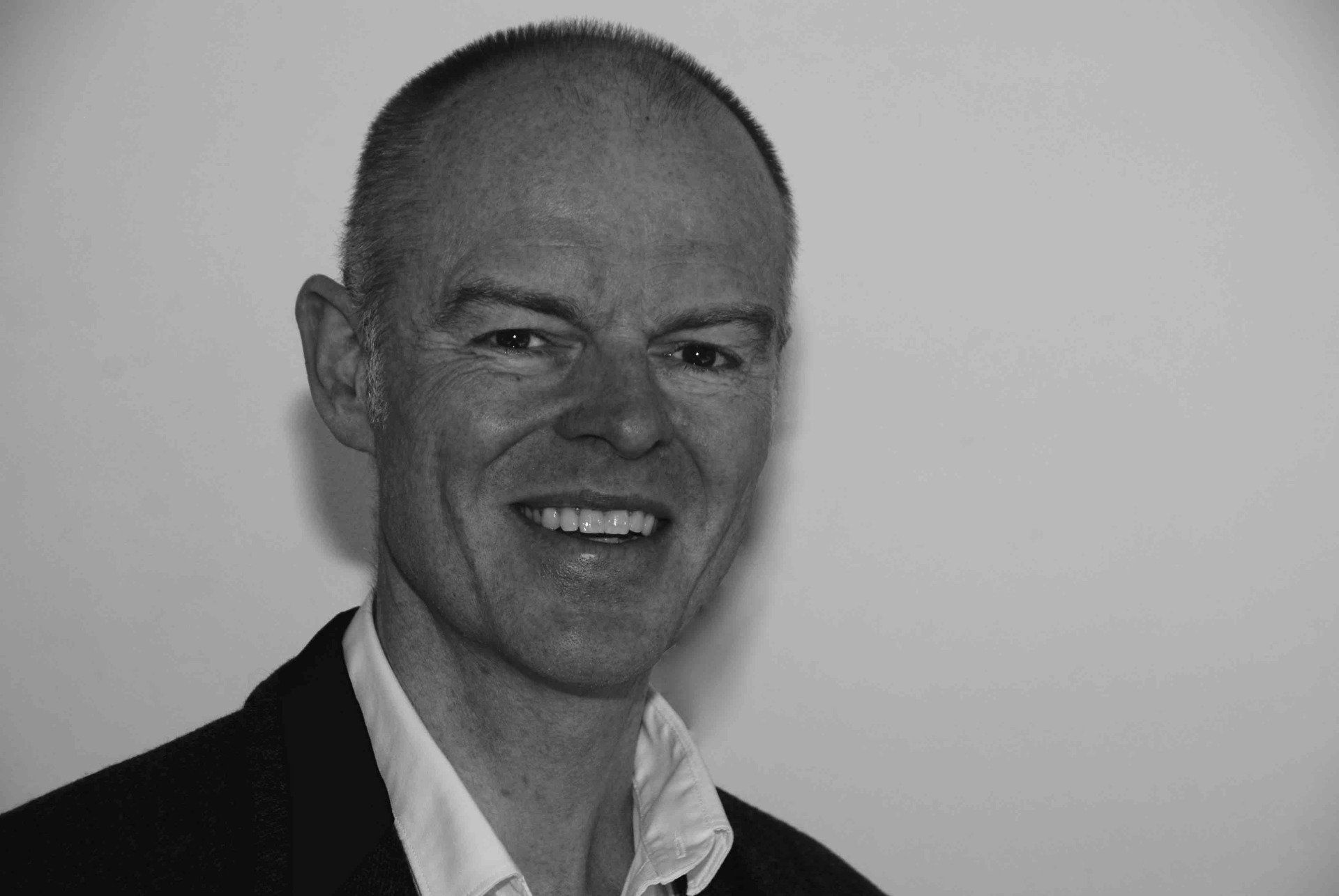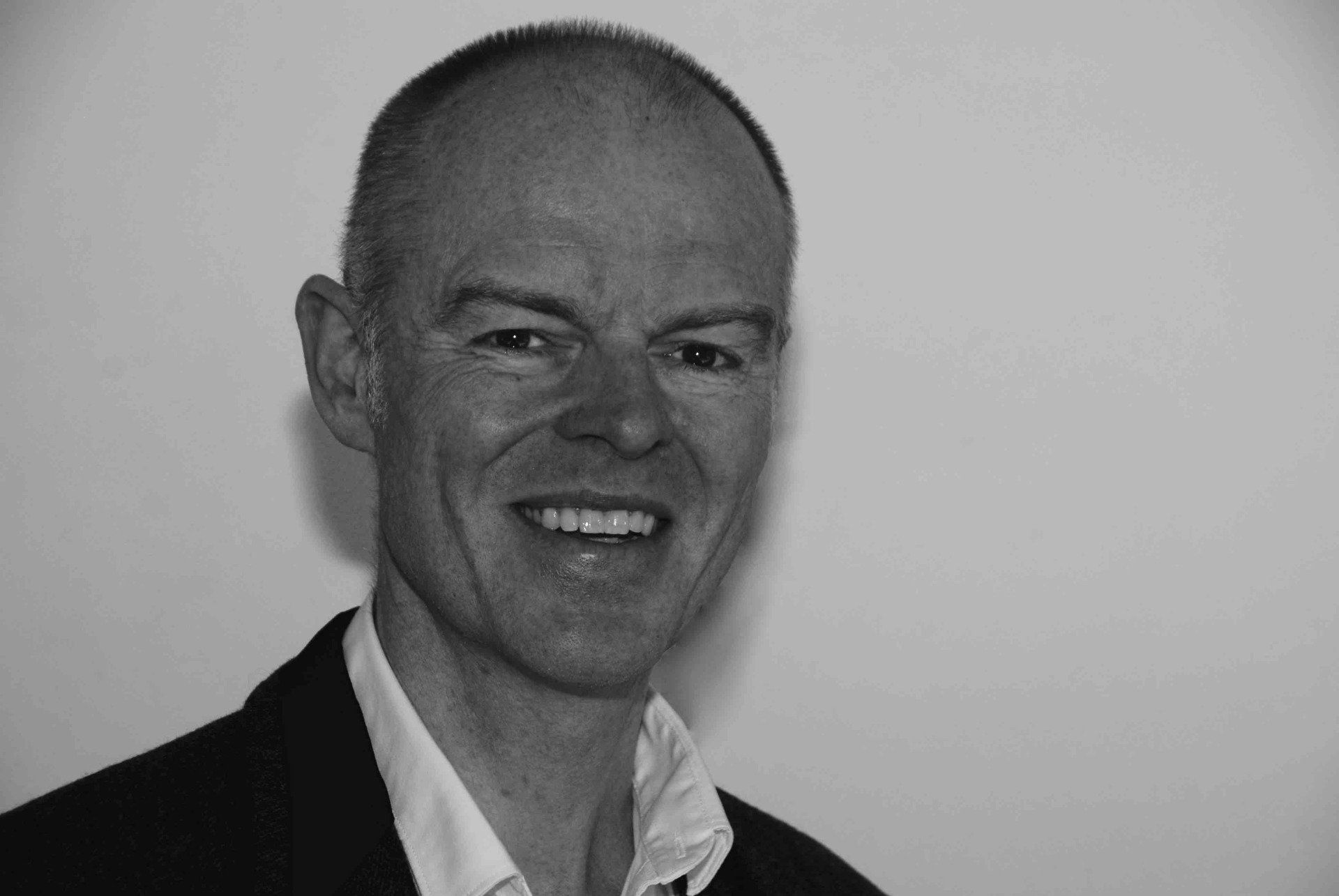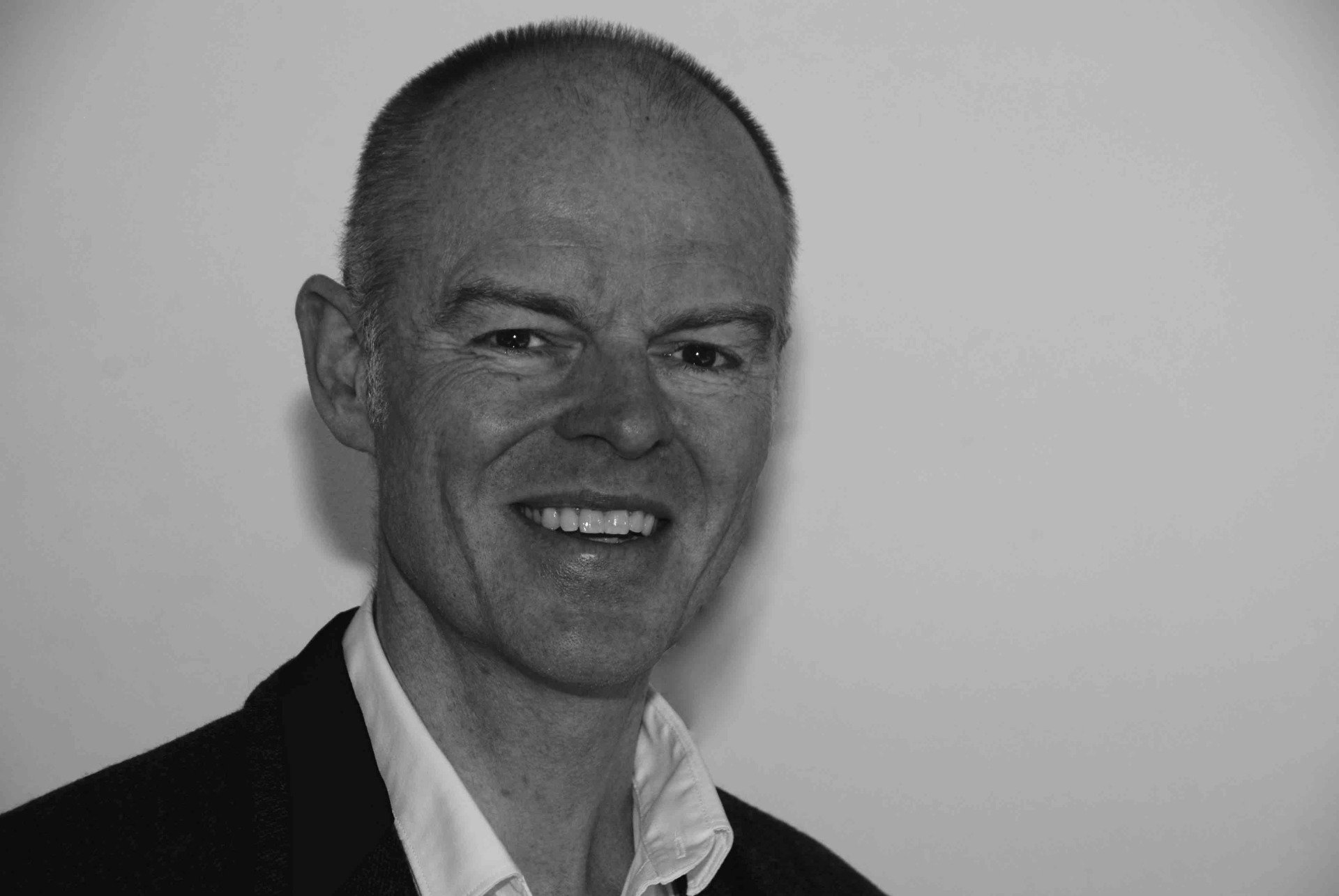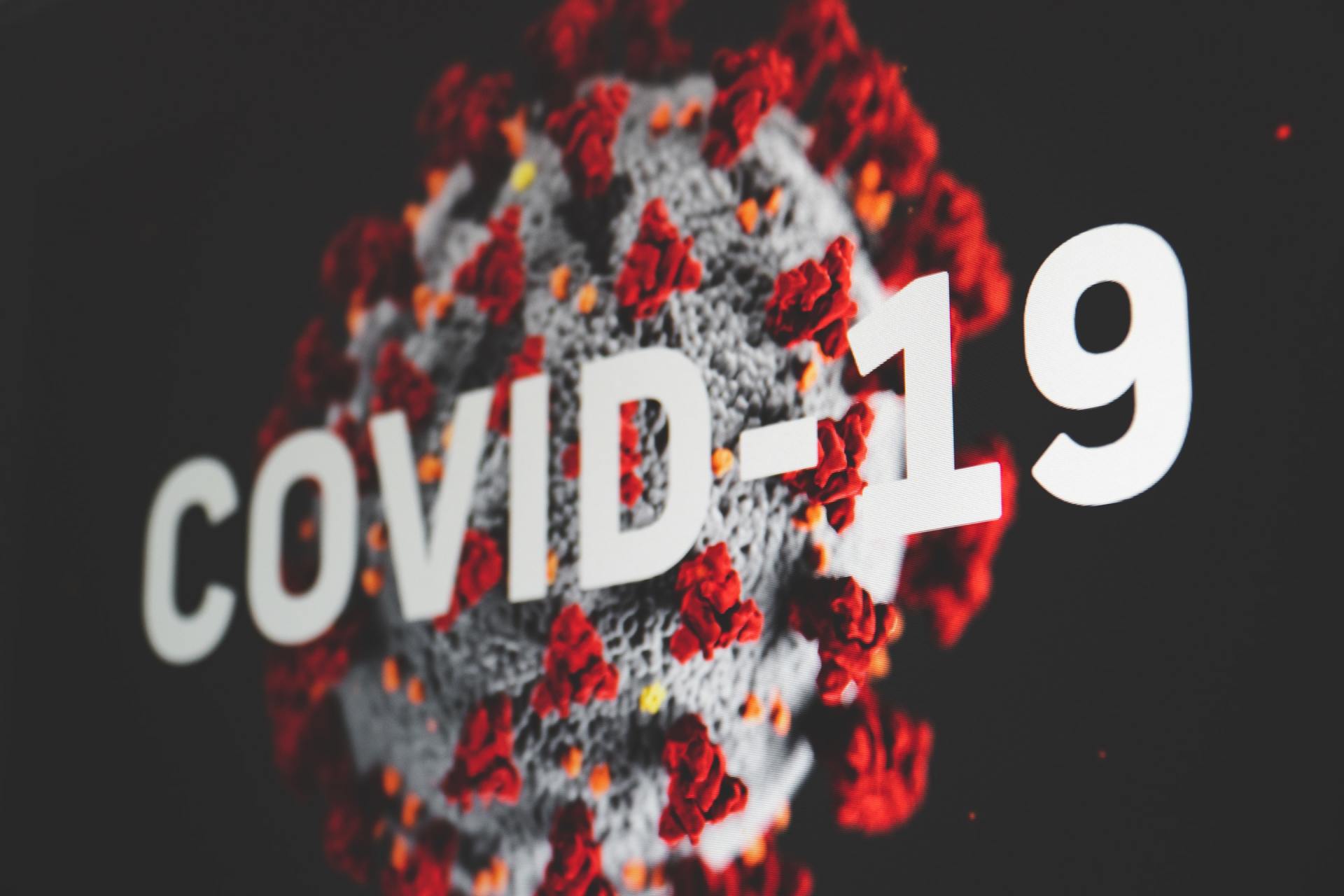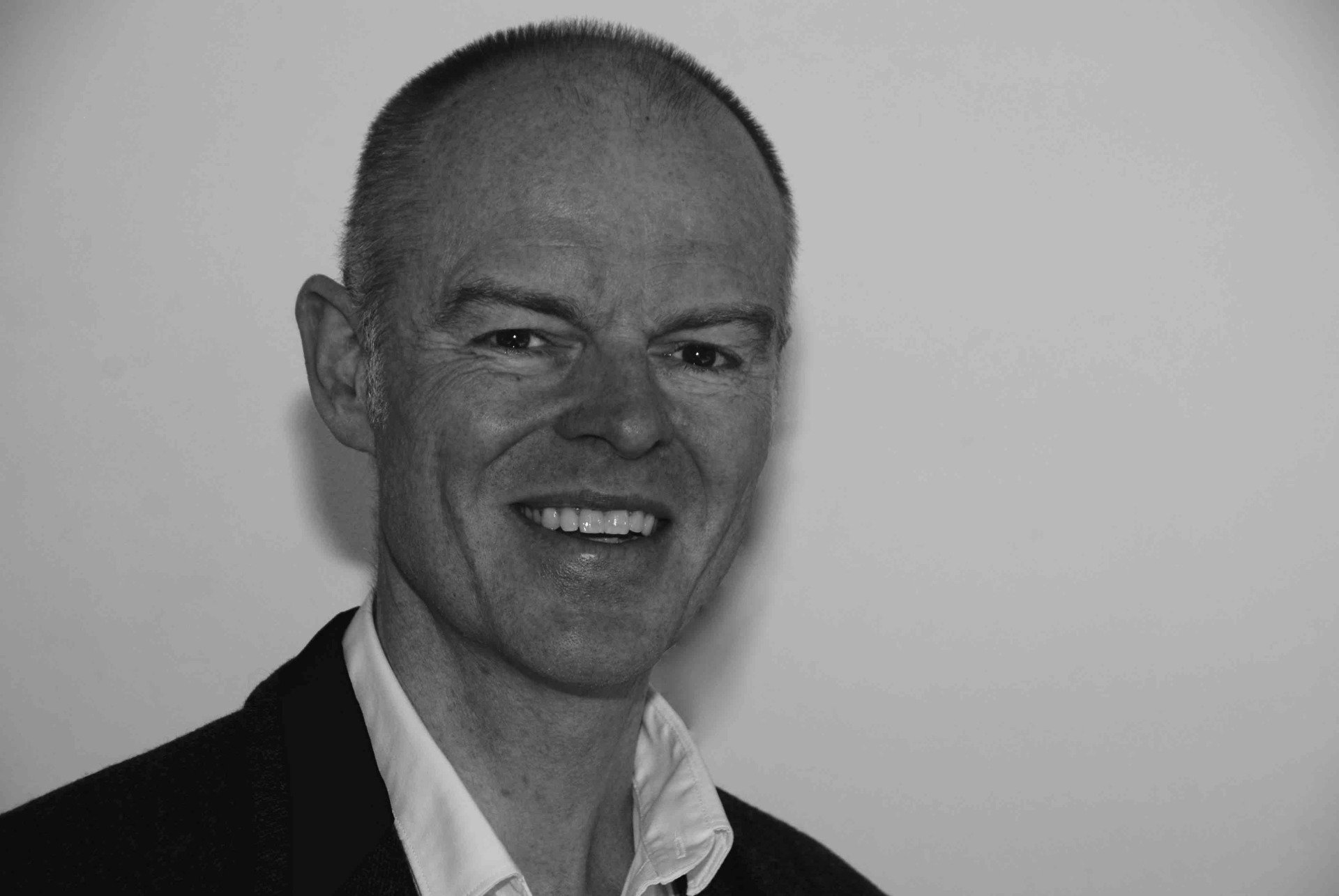Can Five Element Acupuncture Help Insomnia?
For those who have suffered with insomnia whether short term or chronic it can have a very negative impact causing irritability, low energy, depression and exacerbating physical conditions. Sleep is essential to our well-being and detrimental to our mental and physical health when disturbed. It can often make a person feel that they are slowly going mad.
When I am first approached by anyone who is suffering with Insomnia I will look at their lifestyle to assess whether there is anything that may be adding to their sleeplessness. By the time patients arrive at my clinic they have normally investigated, if not tried, various aids to help them.
The first advice I will give is:
1.Cut out all stimulants from midday onwards. Caffeine for some people can affect sleep even when drunk in the afternoon. Try not to have any sugar loaded products from early afternoon and definitely none in the evening. This will include fizzy drinks. For some people this may extend to cutting out all stimulants for the whole day.
2.No watching of screens or looking at phones up to 1 hour before bedtime at least, however, for some people this may need to be pushed out to 2 hours. The sleep hormone melatonin can be disturbed by these devices due to the blue light emitted.
3.The bedroom is for sleep and sex only. No televisions and other activities. Keep it clutter free and as dark as possible.
4.Have dinner at a reasonable time and no later than 8.00pm. The later you eat the more the body has to work at digesting food at a time when you are trying to sleep. Fatty foods such as cheese are more difficult to digest so are best eaten during the day. Eat bigger meals at breakfast and lunchtime and try to keep the evening meal lighter.
5.Exercise every day if possible, even if that is going for a walk. Exercise, besides being good for us on many levels, helps balance metabolism. Some people are so “head” based in their lifestyles that it creates an imbalance between the body and the mind. The mind can be in heightened state of over stimulation with the body becoming stagnant through lack of movement.
6.Alcohol can give the illusion that sleep is better when drunk but the reality is it disturbs the quality of sleep. In Chinese medicine it has been observed that each organ has an optimum time of performance. For the liver it is 1.00 – 3.00 a.m. This may explain why the effects of lunchtime (liver’s low active time) drinking can be stronger. At a time when one needs to be in deep sleep, if the liver is having to work hard to process the alcohol, it will effect the quality of this sleep.
This is the basic advice that will be built upon depending on the patient’s personal history. If your sleep is disturbed the above points are a great foundation and if you are fortunate may even remedy the insomnia. At the bottom of this article I have given some links with some interesting insights, advice and opinions on what may cause insomnia.
So now we enter the world of Five Element Acupuncture (FEA) and how it can help with insomnia. When I assess a patient at the initial consultation I act as detective. I enquire deeply into a person’s history which will go well beyond questions that are directly related to the insomnia. The reason is, that I am treating the person, not the insomnia. If I was treating only the insomnia I would select the same acupuncture points for each patient that presented. Each person is unique and my job is to work out why this person has insomnia? What was the root cause? Why does it continue? What could be acting as a block to its relief? This then forms the foundation of my diagnosis so that I may use Five Element Acupuncture to help address the insomnia.
With the diagnosis made I will select specific acupuncture points that I may feel will be of benefit to this person. Insomnia indicates that something is out of balance with this patient. How can I as their acupuncturist restore the balance?
More often than not a person will record some incident when it all started. Sometimes it is obvious, sometimes a bit more hidden. It could be a car crash, loss of a love one, the ending of a relationship, an illness or loss of job. Sometimes people will just say they feel completely “stressed out”. I look to restore control and relieve underlying stress through the selection of the acupuncture points. FEA enhances a person’s well-being and this will create a greater sense of calm and more sustained energy. In order for a car to run at it’s best, the engine needs to be oiled, the spark plugs clean, the battery charged, sufficient fuel in the tank, etc,. If anyone of these is not serviced properly then the car will not run well. The person who presents to me has many parts that make their whole and my job is to ensure each is doing it’s part so that an optimal state of well-being is achieved.
Say a patient presents with insomnia that they have had for over a year. It would be lovely if, through treatment, I could resolve their insomnia in 1 or 2 sessions. The reality is it will probably take a few sessions to address what they present with and as a general rule 6/10 sessions is enough to effect change. Some will respond sooner while others, dependant on their history, may take longer. Generally what happens is that a patient will gradually feel better and will find that their sleep improves. Initially they may be able to fall asleep more easily or that they can stay asleep slightly longer. More often than not they will say they feel better in themselves quite early on. As each person’s history is unique to them so is their insomnia.
As treatment progresses I assess from how the patient presents as to whether my diagnosis is correct. Diagnosis is on-going and forms the basis for how future treatments are planned. While some acupuncture points may be repeated as treatment progresses it is normal that in the first 5/6 sessions new points are selected at each session. It is imperative to lay the foundations and then gradually build upon those foundations. There is a structure and order to treatment which evolves as the patient returns for each session.
Like the car analogy let us look at a computer. This time the computer keeps crashing. If too many windows are open and the computer is trying to do more than it can cope with so it crashes. Sometimes people are unable to close windows when they don’t need them and this leads to overwhelm and dysfunction. Five Element Acupuncture has a particular treatment protocol which acts as a kind of reboot. By doing this treatment the person is reset and like a computer is able to run more smoothly. Beyond insomnia, this is a very common treatment in FEA, which can mark a profound improvement in many conditions.
I have treated quite a few people very effectively for insomnia but the patient has got to be open to suggestions and play a part in their own healing. I feel that Five Element Acupuncture can help people in real terms in dealing with insomnia and beyond that improve their overall well-being. Insomnia can have a severe negative effect on the body and mind. It can also unsettle a person’s spirit (not religious) – the core of who a person is. FEA by treating the body, mind and spirit brings about a positive transformation so that person feels more in control of their life and at peace with themselves.
David Thorpe
MBAcC LicAC DipBSSD
Five Element Acupuncturist
